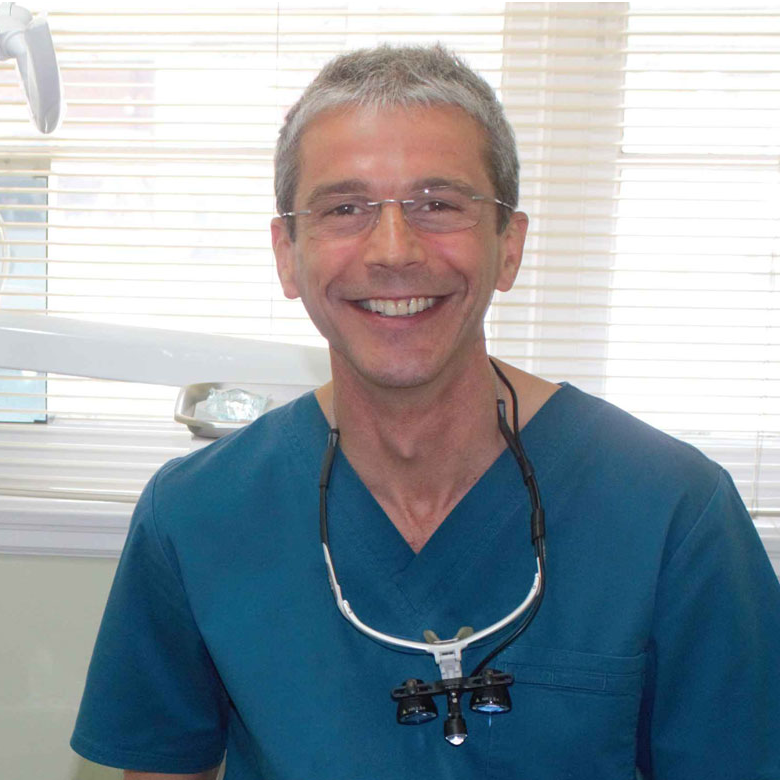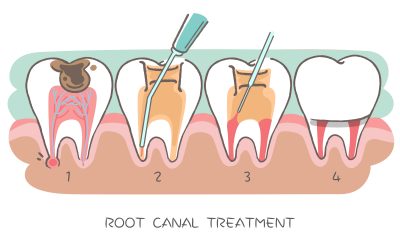A root canal procedure will save the badly decayed/infected tooth, specifically the pulp area. This is a very beneficial procedure and it’s natural to want to know how to handle the aftermath. After the procedure, there are certain aftercare tips to consider to ensure a full recovery.
Here are our 8 professional root canal recovery tips to help you restore your oral health after this procedure:
Tip 1: Take Medication as Prescribed
After the dental procedure, you might experience some pain and/or discomfort for a couple of days. Dr. Paltsev will prescribe medication to manage these symptoms. You should take the medication exactly as prescribed, and if the pain medication doesn’t stop or significantly reduce the pain, get in touch with us.
Tip 2: Only Eat After You Regain Feeling
Anesthesia is administered during a root canal procedure to numb the treatment area. The numbness tends to last several hours after treatment. You shouldn’t eat anything before the numbness wears off. You can have liquid or semi- liquid foods. The reason for that is that you might damage/injure the treatment area, your tongue or your lip without realizing it.
Tip 3: Don’t Eat Hard/Chewy or Crunchy Foods
Hard and chewy foods exert pressure on the teeth and may cause the treated tooth to break. Instead, eat softer foods like mashed potatoes, soups, yogurt, smoothies, oatmeal, milk, scrambled eggs, etc., after the procedure. Sticky foods should also be avoided as they are hard to remove from the teeth providing food for bacteria to feed on.
Tip 4: Chew/Eat Using the Opposite Side
You should also refrain from eating using the side of the mouth that just got treated. While soft foods are less likely to cause damage, the treatment area is likely to be swollen and/or extra sensitive. Food particles may also stick and reintroduce bacteria and infection, complicating the healing process.
Tip 5: Sooth the Treatment Area by Cold Compressing
If the treatment area is swollen and you need some relief, consider a cold compress i.e., an ice pack wrapped in a clean cloth and place it gently on the swollen area for 10-15 minutes at a time. Repeating it during the day can bring the swelling down significantly.
Tip 6: Maintain High Oral Health Standards
Aftercare shouldn’t end when the swelling and pain are gone. You must floss and brush your teeth at least twice a day and use mouthwash to keep your mouth clean and free of bacteria.
Tip 7: Go for Follow-Up Visits
Following this list of tips is a sure way to help your recovery process, but don’t forget to also see your dentist as regularly as required for the recovery process to be smooth. During checkups, the dentist checks the healing progress, looks for signs of infection, and ensures the root canal procedure was successful.
Tip 8: Have a crown placed on the tooth.
Following a root canal procedure, Dr.Paltsev will advise you if the tooth needs a crown. A crown not only restores the tooth to its original shape, look, and function, but more importantly, prevents its breakage. You can get in-depth information on how to prevent recurring infections during regular checkups. Proper care should be a consistent after a root canal procedure once the healing process is complete:
- Ideally, you should floss and brush twice a day.
- Visit your dentist at least twice a year going forward
- It also helps to avoid sugary foods as they are bad for your teeth and health.
For professional root canal procedures in Toronto, Canada, visit The Little Green Building – a dental clinic located at 265 Jane Street and led by Dr. Michael Paltsev, a dentist with 30+ years of experience. Book a root canal appointment or call us at 416-769-8135 for more information or medical advice on root canal treatment and aftercare in Toronto.





